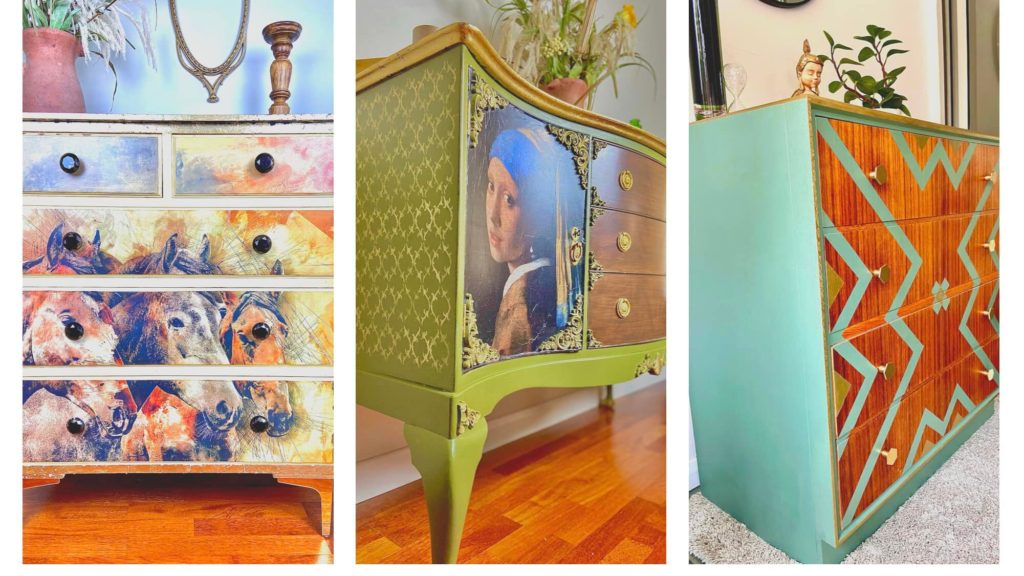set up a second-hand business
From second hand car parts, furniture, clothes, jewellery, home decor, laptops, mobile phones to white goods find out which second-hand products are in high demand from customers and insurers who see the green benefits.
Waste not, want not, older generations used to say. And for good reason, it saved them money. But today, younger generations see second-hand goods as not only economical but good for the environment. Sometimes, it’s also for convenience as it may be quicker to source a second-hand laptop or car part than wait for a new one to be manufactured and shipped (see an example of this in the video below).
Going green, saving money and time-saving, are just some of the reasons why customers want their insurers to become more environmentally friendly. But, it would seem, customers are not quite ready to fully accept refurbished parts and replacements for everything, according to a new Consumer Intelligence study.
Which second-hand products are hot and which are not?
The study’s findings revealed that 81% of customers want their insurers to go green. But to make that happen, customers have to meet them halfway by accepting more second-hand goods.
Some 72% said they would be interested in their insurer recycling parts for repairs and refurbishments particularly if they were certified and safe.
That said, some customers are not quite ready to accept refurbished parts and replacements for all car parts and home furnishings.
Insurers such as Ageas already have reasonably well-established green parts programmes and plan to treble the use of green parts in car repairs by 2023 and there is support from customers for scrapyard repairs. Around 70% say they would be happy to accept them if they came with warranties while 57% would accept them if they were quality checked by a garage.
But home insurers face bigger challenges in persuading customers to accept recycled furniture for replacements with 61% unhappy about receiving a second-hand bed;
47% unhappy with recycled curtains or carpets and 45% opposed to second-hand sofas. That said, customers are happy with such items when they are purchasing direct and not through an insirance claim.
Customers were more receptive to recycled tech and white goods but 37% were opposed to refurbished fridges and freezers and washer/dryers.
Opposition to second-hand tables and chairs was the lowest at 27%.The main objection from customers was hygiene – around a third (34%) said they didn’t want other people’s dirt or germs in their home. Around 69% said a warranty guarantee from insurers would make them more likely to accept refurbished replacements
Make your second-hand goods more attractive
- Get anything electrical tested and certified by an electrician or IT specialist (you may be one or both)
- Try finding used car parts in junkyards, from cars sold at salvage auctions, or contact insurance agencies to try to purchase “scrapped” cars from them at a discounted price. Have these parts tested by a professional mechanic and provide a warranty in line with second-hand industry standards for such items.
- Where possible sanistise products to a high level and provide proof by adding a sticker. Dry clean or hygiene services for anything from clothing to IT or white goods are available. This could even be a sideline business as part of your service.
- Mattresses are usually not considered hot commodities for second hand goods for hyrgenic reasons. However, if a mattress still has a lot of years in it or was hardly used, some customers may consider a mattress, if it is pre-cleaned. Lakeland, for example, sells mattress hoovers, such as CLEANmax Handheld UV Mattress Vacuum SC05.Or find a professional mattress cleaning service in your area and add this to the cost of your mattress. Otherwise, offer to clean the mattress with baking soda. The following video (instructions start at the 2 minute mark) is helpful if you want to sell a presentable and clean mattress even if the customer prefers to arrange for professuonal cleaning after purchase.
Reselling goods: what are allowable expenses?
You can claim allowable business expenses for:
- goods for resale (stock)
- raw materials
- direct costs from producing goods
You cannot claim for:
- any goods or materials bought for private use
- depreciation of equipment
Examples of freelancers with second-hand businesses
We put in a simple “upcycled” search over on the Facebook group page, Not on Amazon, and look what came up…

More upcycling freelancers can be found via this link.


